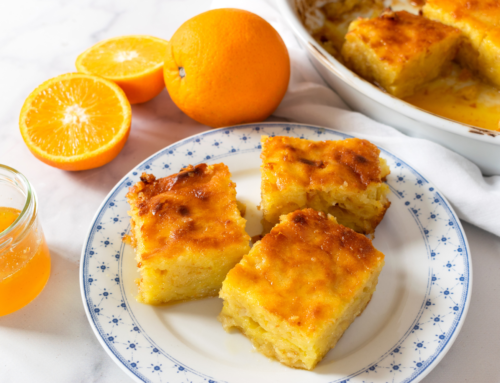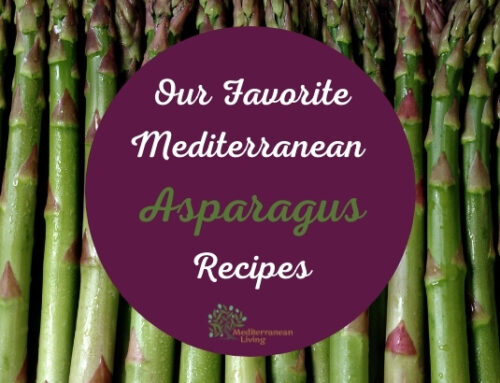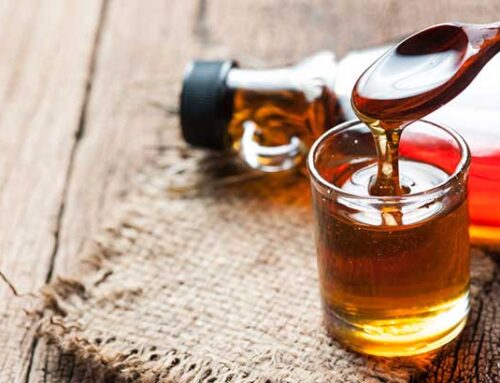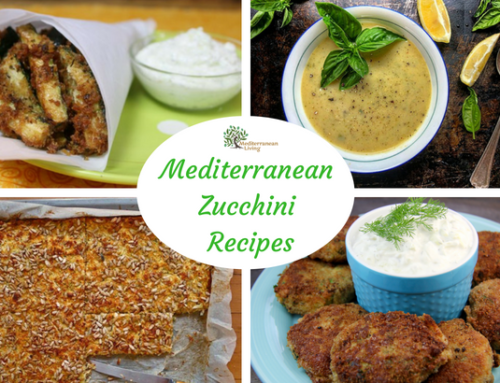Interview with The Terenzios: A Boston Italian Family
By Siena Terenzio
Updated November 16, 2025
Siena: Where were your parents from?
Grandfather: Nana was from outside of Naples and Papa was from outside of Rome.
Siena: What did your parents do for work?
Grandfather: “Nana never worked, not since she got married. That was the custom, the wife would stay home and prepare meals and take care of the children and work around the house. Papa was a machinist and welder in a shipyard.”
Siena: What are some of your favorite food memories from when you were a kid?
Grandfather: “Mama Bove’s Italian cookies. When she made Italian cookies, the scent of the cookies filled the entire house and I would sneak over and steal a few and stuff my pockets and run off and eat the freshly made Italian cookies. Easter and Christmas were huge family meals, not so much Christmas day but Christmas Eve. Italian Christmas Eve was very special-all fish, no meat, and several gourmet dishes made with all fish or pasta and it was just a wonderful feast. It was a really big event! The dining room would be bursting with people and food.
Easter was also a big event, but second to Christmas. We ate lamb and Easter soup, Nana’s Easter soup was called minestra. Sort of like minestrone but she called it minestra, and it was a chicken soup base with pastine, pepperoni, sausages, chicken, boiled eggs and escarole. With all the oil from the meat it was the tastiest dish you’ve ever had.
Grandmother: “Papa didn’t eat what the family ate, when he was a teenager he made Nana buy him hamburgers. Nana would make incredible Italian dinners, lentils and rice were very often.”
Siena: Do you remember your grandparents cooking?
Grandmother: “Papa only had one grandparent, he only had Nonno Bove (even though we called her Nonni, it was his grandmother) and she was very old. She cooked a very special Italian chocolate pie. Part of it consisted of 12 egg yokes, it was a thick delicious pie. It had a heavy consistency of chocolate and she made it specially for Christmas and Easter. None of the children ever bothered making it because it was so hard and special to make after she died”
Siena: What might a week of meals look like when you were a kid?
Grandfather: “We did not have a lot of money as a family so there was nothing elaborate on a weekly basis. More often we would have rice dishes, sometimes fish dishes, and the fish, in order for us to afford it, was not the best quality fish. Very often we had pasta and chicken.
The chicken is an interesting story. Every week the chicken man would come by, he had a big truck with a cage full of chickens. The chickens would be cawing, feathers flying. The truck would leave a trail of feathers everywhere it went. Nana would go out and pick out a chicken. The chicken man would grab the chicken by the neck, hand it to Nana (alive) and she would bring it into the house and chop his head off. She would then pluck the feathers and clean the chicken. The thing I remember is when she would open the belly there would often be eggs that weren’t laid yet, little tiny eggs. Sometimes we would cook them and eat them or discard them; this was a great memory of mine. Then she would cook the chicken after cleaning it on her own.
Grandmother: “Here’s a little background; this was in the 1950’s so the supermarkets had very little in terms of produce except during the summer because shipping wasn’t as easily done. So we would go to the market and you would see apples in the fall and oranges and bananas, but it wasn’t always consistent nor good. So Italians or not, everyone would get fruits and vegetables canned. In the summer Nana and the neighbors would have gardens with fresh basil, lettuce, tomatoes, corn, all in the summer in the garden in the backyard. If they wanted to get a special Italian salami or cheese then the fathers would drive into the north end and buy what special thing they needed to prepare for. If you lived in Boston you did not have access to a lot because there was not fresh food available.
“There were no cookbooks, or anything on television. They didn’t have the expansive repertoire that chefs have today. So Nana would not cook risotto because that was from the South and she was from the North. Also she made eggplant parmesan often!”
Siena: Were there special Sunday dinners? What was eaten?
Grandmother and Grandfather: “Sunday was a special dinner. It wasn’t like Easter or Christmas, but Sunday dinner was at 1:30 or 2:00. Everyone would sit down together and eat. Nana made roasted chicken, roasted potatoes, eggplant parmesan or a few other dishes”
Siena: What would everyone be drinking?
Grandfather: “Nana Bove never drank wine, she would take a sip on Christmas. Papa Bove always had two glasses of wine with dinner and mixed it with water; no matter how bad it got, he would still drink it. He didn’t have money to buy good wine but he always had his two glasses.”
Grandmother: “Also, uncles and neighbors would make big jugs of homemade wine, which was always red wine made in someone’s cellar. (Which never tasted good). We didn’t drink on Sunday dinners or special occasions until we were in our 20’s”
Siena: Did you eat greens that were hand picked? What kind?
Grandfather: In the summer, Nana Bove had a garden and we would get tomatoes a lot. We got vegetables from the neighbors. When Nana and Papa were young it was during the depression so they would barter. So, Papa Bove would work for food and trade, or Nana would sew something for rice, etc. etc. This was in 1929 when the season was warm enough you would work for vegetables. However, when we were kids, everyone had their gardens and sometimes shared the growings.”












Winter LeBlanc says:
Mrs. C says:
Delphine says: